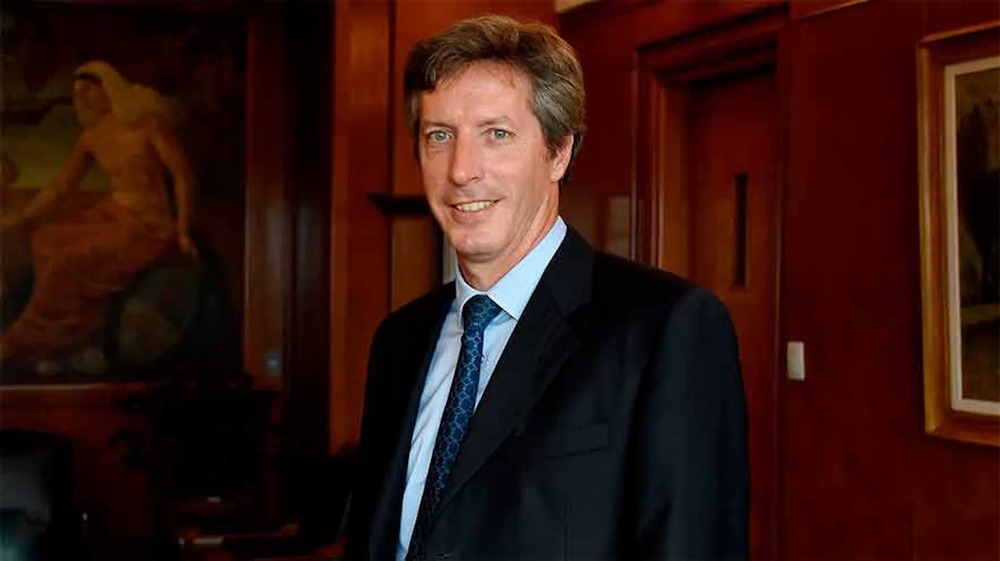Argentina’s peso is set to float freely, although the timing is not yet right, according to Bausili.
Argentina’s peso will be permitted to float freely, but that measure is not immediate and will “come in time,” states Central Bank Santiago Bausili. During an event organized by the International Monetary Fund (IMF) in Washington on Wednesday, coinciding with the multilateral lender’s annual spring meetings, Bausili cautioned that establishing a date for the landmark could induce “anxiety” or “uncertainty.”
Santiago Bausili, president of Argentina’s Central Bank, stated on Wednesday at an event hosted by the International Monetary Fund (IMF) in Washington that the free float of the country’s exchange rate “will come in time”, deliberately avoiding any specific date that could induce “anxiety” or “uncertainty”. Addressing a full audience, Bausili detailed the difficulties presented by President Javier Milei’s economic adjustment programme. “Argentina had run out of options,” he stated at the IMF, elucidating that the Central Bank had been “constantly printing money for two reasons: to finance the Treasury and to pay interest on its own liabilities.”
The necessity arose to enhance the appeal of the peso. Instead of adhering to the conventional method — “raising rates and telling people to hold onto the currency because by the end of the cycle they’ll be wealthier and earn interest” — the Central Bank adopted “a very aggressive stance.” The Central Bank adjusted interest rates “into negative territory in real terms, which was risky, but we trusted in our strong capital controls and believed the scarcity strategy would be more appealing,” Bausili explained.
Negative interest rates aim to incentivize investors and companies to allocate their resources towards investment instead of stockpiling capital. “We commenced the design of the programme with a singular, robust assumption: we possess no credibility. Regardless of who holds the reins, the architect of the program, or the voices making claims — there is an utter lack of credibility. “And credibility is an extremely powerful political tool,” said Bausili. According to the governor, Argentina has embarked on a new phase of its adjustment plan under Milei. “We’re designating it as phase three.” “It’s like the iPhone,” Bausili joked.
Argentina enjoys robust support for its economic stabilisation plan, having already secured US$12 billion from the IMF, which constitutes the first tranche of a US$20-billion loan. With the addition of newly pledged support from the World Bank and the Inter-American Development Bank, the total increases to US$42 billion. Argentina currently has an outstanding debt of US$44 billion to the IMF from a prior program. This infusion of new capital aims to stabilize the peso and assist in the current reduction of inflation — which has decreased from 211 percent year-on-year at the close of 2023 to 59 percent currently.
Milei’s government has, in return, eliminated numerous currency controls that had been established since 2019. A new floating exchange rate scheme for the dollar has been introduced, operating within a band of 1,000 to 1,400 pesos. These limits will be modified on a monthly basis by one percent. “When will it float freely?” It will come in due course. There exists no additional stage for unrestricted exchange. “There’s no next step that will provoke anxiety or uncertainty,” Bausili promised. “We still have restrictions because imbalances remain,” he noted.
He concluded, “if you don’t have credibility … you should only take a step forward once you’re absolutely certain.” Bausili made his remarks during a conversation with Rodrigo Valdés, the IMF’s director for Latin America and the Caribbean — a figure who has faced significant criticism from Milei.

